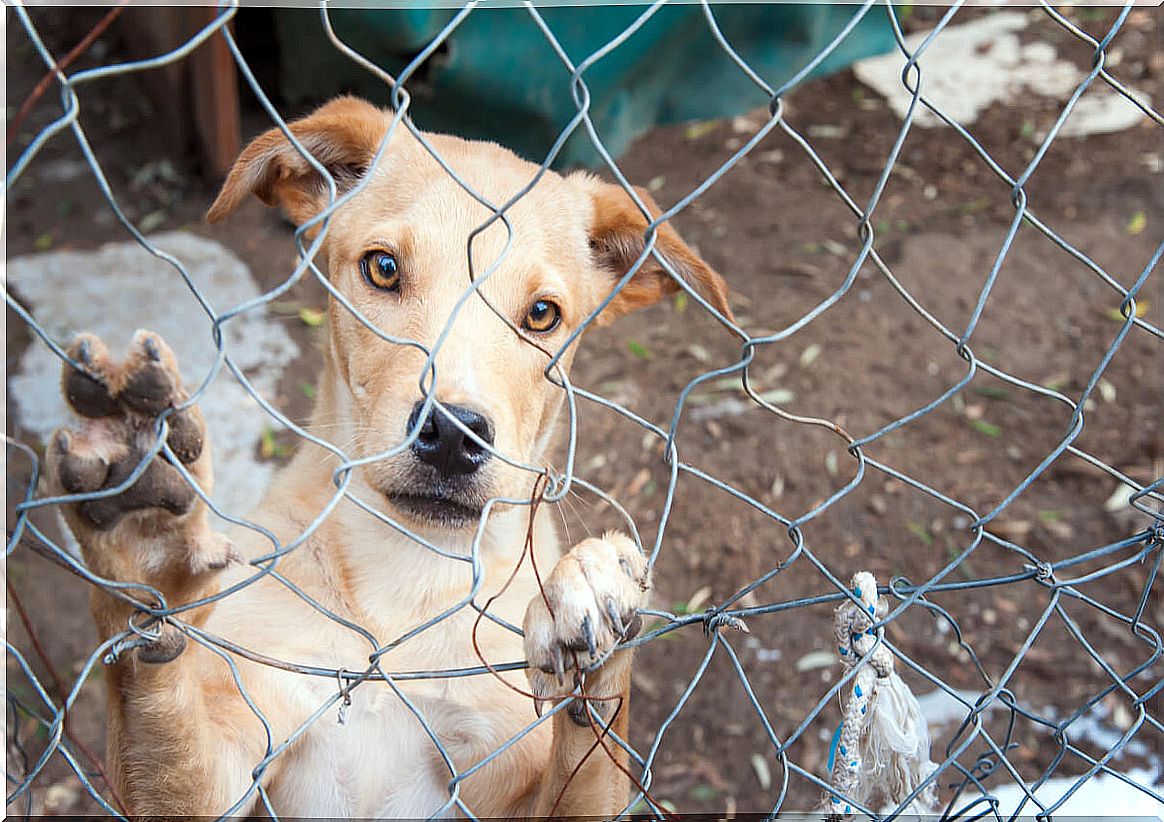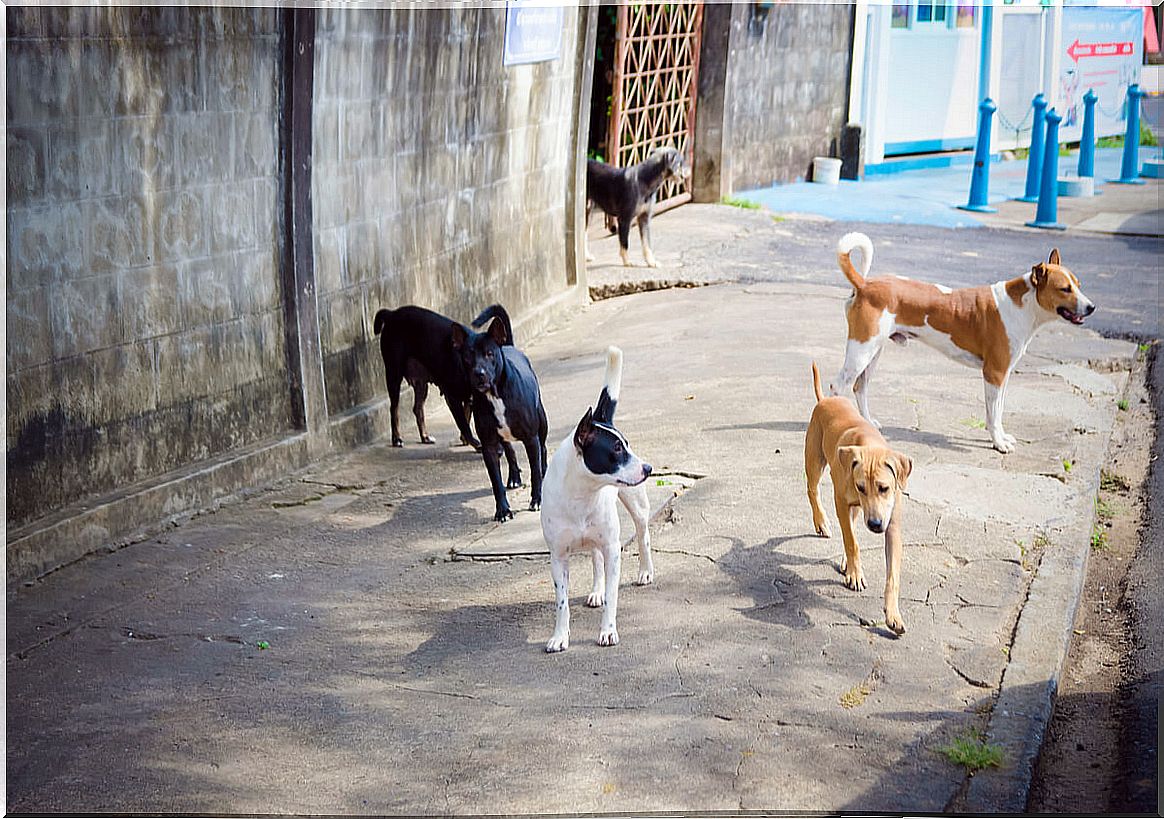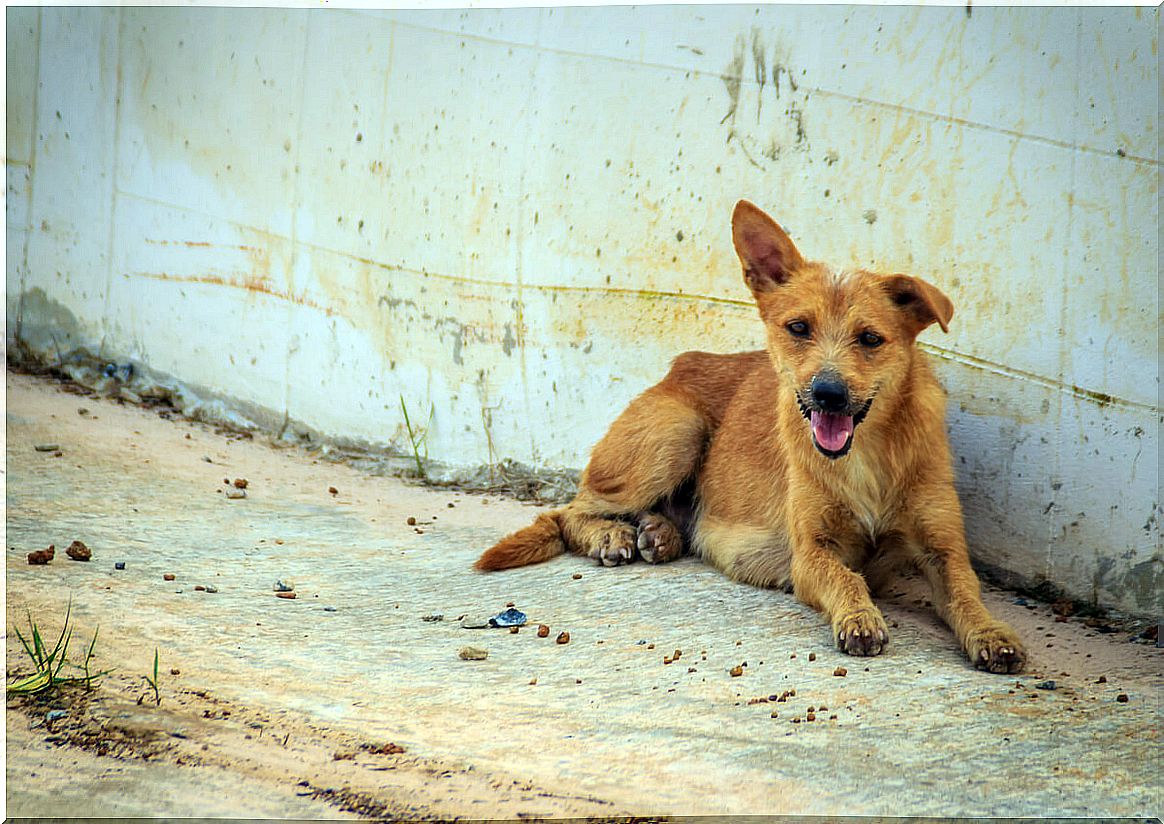70% Of The Dogs In The World Are Homeless

The numbers of homeless dogs are alarming because, according to data from the World Health Organization (WHO), 70% of dogs around the world are homeless. This means that, of the 800 million dogs currently counted, 500 million of them live without a home or care.
The churn numbers are also worrying. In Spain, about 138,000 dogs are abandoned each year, a number that does not seem to decrease after the COVID-19 pandemic. The emergency situation extends to the future of pets and animals found in shelters and shelters.
Demand for puppies during quarantine
Since the state of alarm was decreed in March in Spain and other parts of the world, the Royal Canine Society of Spain (RSCE) detected a 50% increase in the demand for puppies, a fact that could have led to the current situation of the increase of dropouts.
Many people chose to acquire a pet in this unusual situation, probably the product of a passing whim and not a long-term reflection or, on the contrary, the delicate economic reality has pushed many families not to be able to keep their pets.
As a result, a large percentage of these animals have ended up outside of a home, as the abandonment rate has increased by 25% in recent months. This, added to the growing dropouts for other causes, has led to the alarming current figures.
Fortunately, thanks to the campaigns of doctors and veterinarians to curb the hoaxes of the spread of the virus by pets, the dreaded peaks of dropouts that were expected due to the fear of contagion of the COVID-19 virus have not occurred.
Faced with this situation, the RSCE proposed the creation of a Veterinary Mutual for families with pets with fewer resources, so that they can cover the veterinary expenses of their dogs without sacrificing their individual well-being.

Not a homeless dog; nor a home without a dog »
This is the title of one of the new RSCE campaigns to fight the abandonment of dogs and raise awareness in society. Achieving the goal of zero abandonment begins by educating the population about the responsibility of having a pet, a family member that we take care of from arrival to completion.
This can only be achieved by knowing the costs and time involved in their nutrition, veterinary care and daily needs, as well as the benefits of their company and the lessons we can learn from animals. It is estimated that, on average, a dog represents about 1,250 euros of annual expenditure.
In addition to social education campaigns, there is a long way to go in terms of legislation. The RSCE has also asked the Directorate of Animal Rights, which is already working on the drafting of the new Animal Protection Law, to toughen the penalties for abandonment and mistreatment.
How to help homeless animals in the pandemic?
The pandemic has forced to change the hours, activity, attention and procedures in many different establishments, a reality that has also affected the protectors.
The work of the volunteers has become complicated and, consequently, the routine of the approximately 300,000 dogs and cats that live in these centers in our country is different. Adoptions and foster care are still allowed, but protective ones, which have reduced their activity, are affected by the pandemic.
For example, it is not allowed to go to a shelter to meet dogs and cats, or interact with them as used to be done under normal conditions and as required by adoption and foster care protocols. The monitoring of pets in foster care and adoption has also been paralyzed.
But welcoming and adopting is not the only way to help: the vast majority of the shelters have few resources for food, medicines and accessories for the animals.
It is also in our power to collaborate with what we can to help the maintenance of homeless dogs and cats. We can do this both with money and with donations of food, accessories or any useful resource.

Faced with the emergency situation due to coronavirus, many public and protective organizations are launching campaigns to prevent the abandonment of pets that have lost their owners or are hospitalized.
Social networks are also a great tool to seek help and launch animal awareness campaigns. Another way to collaborate is by sharing these initiatives.







